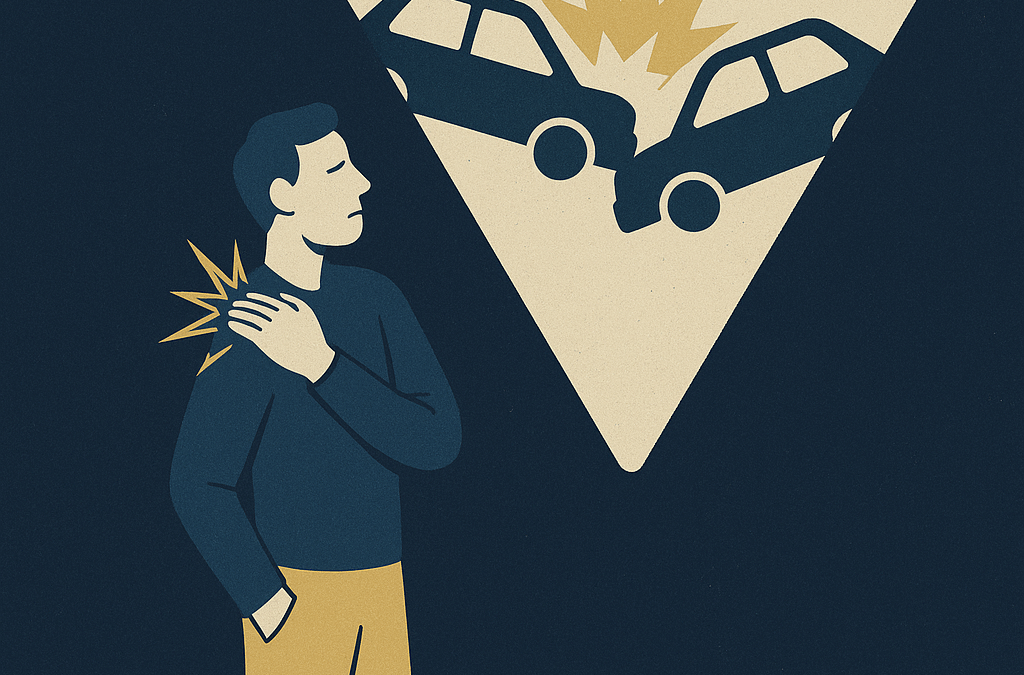What Is a Personal Injury Case, Really?
When you hear the term personal injury, it might sound like any kind of accident or harm — but in legal terms, it’s more specific than that. A personal injury case arises when someone is hurt due to another party’s negligence or wrongful conduct. It’s not just about being injured — it’s about whether someone else is legally responsible for causing that injury.
Let’s break that down in real-world terms.
ommon Examples of Personal Injury Cases
If you’re not sure whether your situation fits the bill, here are some of the most common types of personal injury cases:
- Car Accidents – One of the most frequent causes of injury claims. Whether you were hit from behind or injured by a distracted driver, you may be eligible for compensation.
- Slip-and-Fall Incidents – Property owners have a duty to keep their premises safe. If you slipped on a wet floor or tripped on an uneven sidewalk, that might qualify.
- Dog Bites – In Georgia, dog owners can be held liable if their pet bites someone and the owner knew the dog had a tendency to be aggressive.
- Medical Malpractice – If a healthcare provider failed to meet the standard of care, resulting in harm, it could be grounds for a case.
- Defective Products – If a product causes harm because it was poorly designed or manufactured, you may have a product liability claim.
The Three Key Ingredients of a Personal Injury Case
To have a case worth pursuing, it usually needs to meet these three basic criteria:
- Duty of Care – The other party had a legal responsibility to act a certain way. For example, drivers must operate vehicles safely.
- Breach of Duty – They failed in that responsibility — like texting while driving or not fixing a broken step.
- Damages – As a result, you suffered harm: physical injury, emotional distress, lost income, or medical bills.
If your situation checks all three boxes, you may have a viable case.
But What If It Was Partly My Fault?”
Good question. In Georgia, the law allows for modified comparative negligence — meaning you can still recover compensation if you were less than 50% at fault. So even if you were partially responsible, it’s still worth having a lawyer evaluate your situation.
But What If It Was Partly My Fault?”
Good question. In Georgia, the law allows for modified comparative negligence — meaning you can still recover compensation if you were less than 50% at fault. So even if you were partially responsible, it’s still worth having a lawyer evaluate your situation.
When in Doubt, Ask
The best way to know for sure if you have a case is to get a professional opinion. A good attorney won’t waste your time — they’ll tell you straight whether your case has merit.
You Might Have More Rights Than You Think
Personal injury law exists to protect people who’ve been hurt because someone else didn’t do what they were supposed to. Whether it’s a crash, a fall, or a bite — if someone else caused your injury, you may be entitled to recover compensation.
Want to know for sure? Reach out for a consultation. We’ll give you straight answers.

